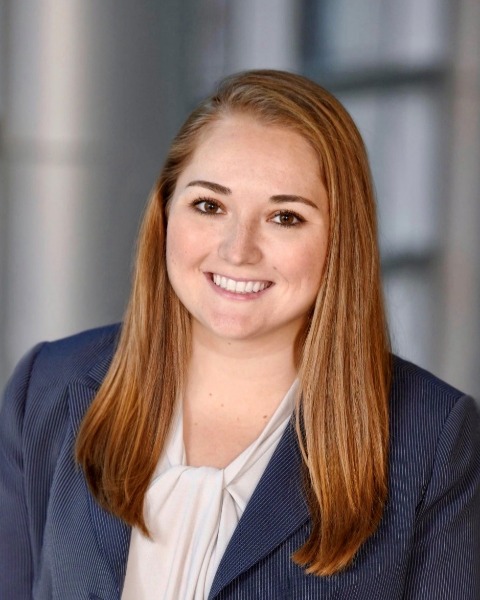Back
Research Snapshot Theater: Pharmacology, Adult I
(928) Continuation of Pharmacotherapy in Hepatorenal Syndrome During Renal Replacement Therapy
Monday, January 22, 2024
11:30 AM – 12:30 PM MT
Location: Connections Central - RST 07

Michelle P. Dillon (she/her/hers)
AdventHealth Orlando
Orlando, Florida- EP
Eric Pyles, PharmD, BCCCP
Critical Care Clinical Pharmacy Specialist
AdventHealth Orlando
Orlando, Florida, United States
First Author(s)
Co-Author(s)
Introduction: Hepatorenal syndrome-acute kidney injury (HRS-AKI) is characterized by acute kidney injury (AKI) secondary to acute or chronic liver disease. For patients with decompensated cirrhosis, approximately 40% will progress to developing HRS within 5 years of diagnosis, with development of AKI being an independent predictor of poor transplant-free survival and post liver transplant outcomes. Pharmacotherapy has been shown to reverse HRS and delay progression to renal replacement therapy (RRT), however there is a dearth of available literature assessing the impact of continuing pharmacotherapy once renal replacement therapies have been initiated.
Methods: This study aimed to determine the effectiveness of continuing pharmacologic management for HRS after progression to RRT while also defining characteristics of our transplant hepatology population. This was a single center, retrospective cohort study approved by the organization’s institutional review board. The medical records of adult patients admitted to the hepatology service and diagnosed with HRS between January 1, 2022, and December 31, 2022, were reviewed for inclusion. The primary outcome was renal replacement-free days, defined as the number of days during admission free of RRT requirements.
Results: A total of 101 patients were included for analysis, and 31 patients required RRT during admission. Of those patients who required renal replacement therapy during their admission, the median MELD score was 37 (IQR 27-40) and the median ICU length of stay was 11 days. There was no statistical difference in renal replacement-free days between groups; the treatment group had 9.7 renal replacement free days as compared to 17 days in the control group (p = 0.248). The treatment group had significantly higher MELD scores with a mean 35.5 as compared to 28.3 in the control group (p = 0.022) and a longer ICU length of stay with a mean 12.7 days as compared to 6.8 days (p = 0.058).
Conclusions: In this retrospective study, the continuation of pharmacologic management of HRS-AKI after initiation of RRT did increase patient renal replacement free days. The patients who received medical therapy for HRS while on renal replacement therapy modalities had high MELD scores and longer ICU lengths of stay.
Methods: This study aimed to determine the effectiveness of continuing pharmacologic management for HRS after progression to RRT while also defining characteristics of our transplant hepatology population. This was a single center, retrospective cohort study approved by the organization’s institutional review board. The medical records of adult patients admitted to the hepatology service and diagnosed with HRS between January 1, 2022, and December 31, 2022, were reviewed for inclusion. The primary outcome was renal replacement-free days, defined as the number of days during admission free of RRT requirements.
Results: A total of 101 patients were included for analysis, and 31 patients required RRT during admission. Of those patients who required renal replacement therapy during their admission, the median MELD score was 37 (IQR 27-40) and the median ICU length of stay was 11 days. There was no statistical difference in renal replacement-free days between groups; the treatment group had 9.7 renal replacement free days as compared to 17 days in the control group (p = 0.248). The treatment group had significantly higher MELD scores with a mean 35.5 as compared to 28.3 in the control group (p = 0.022) and a longer ICU length of stay with a mean 12.7 days as compared to 6.8 days (p = 0.058).
Conclusions: In this retrospective study, the continuation of pharmacologic management of HRS-AKI after initiation of RRT did increase patient renal replacement free days. The patients who received medical therapy for HRS while on renal replacement therapy modalities had high MELD scores and longer ICU lengths of stay.
